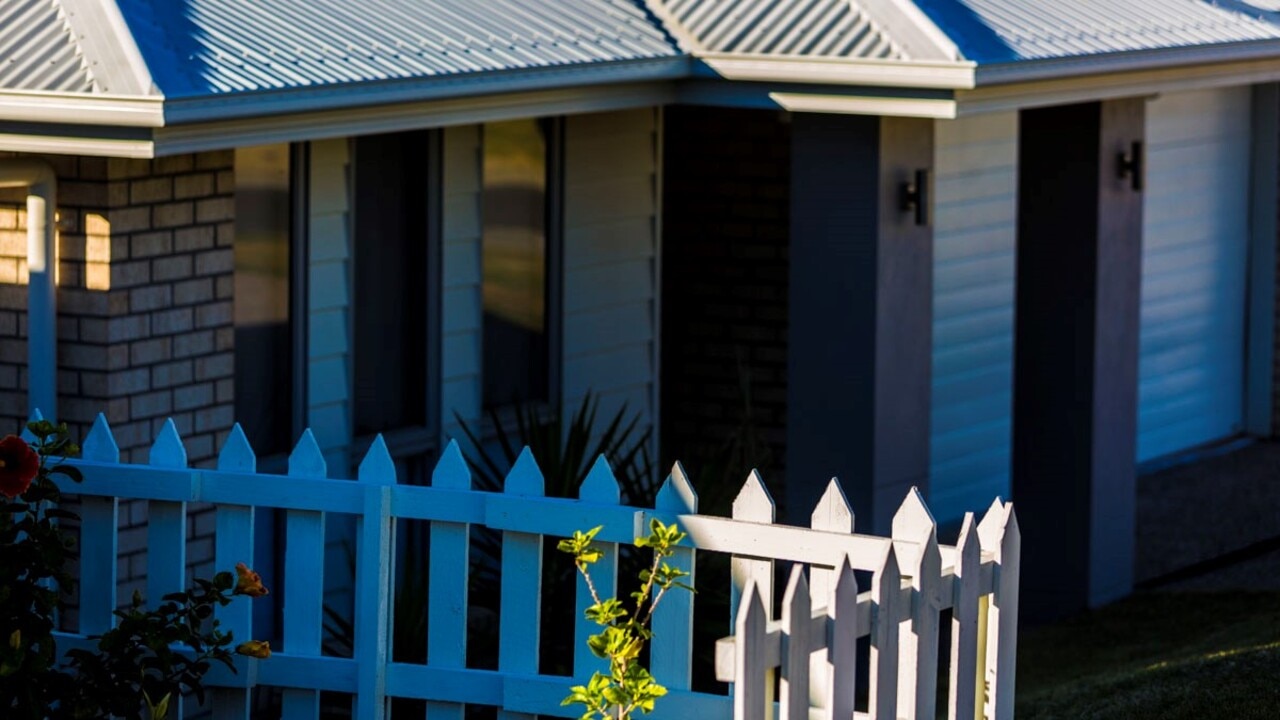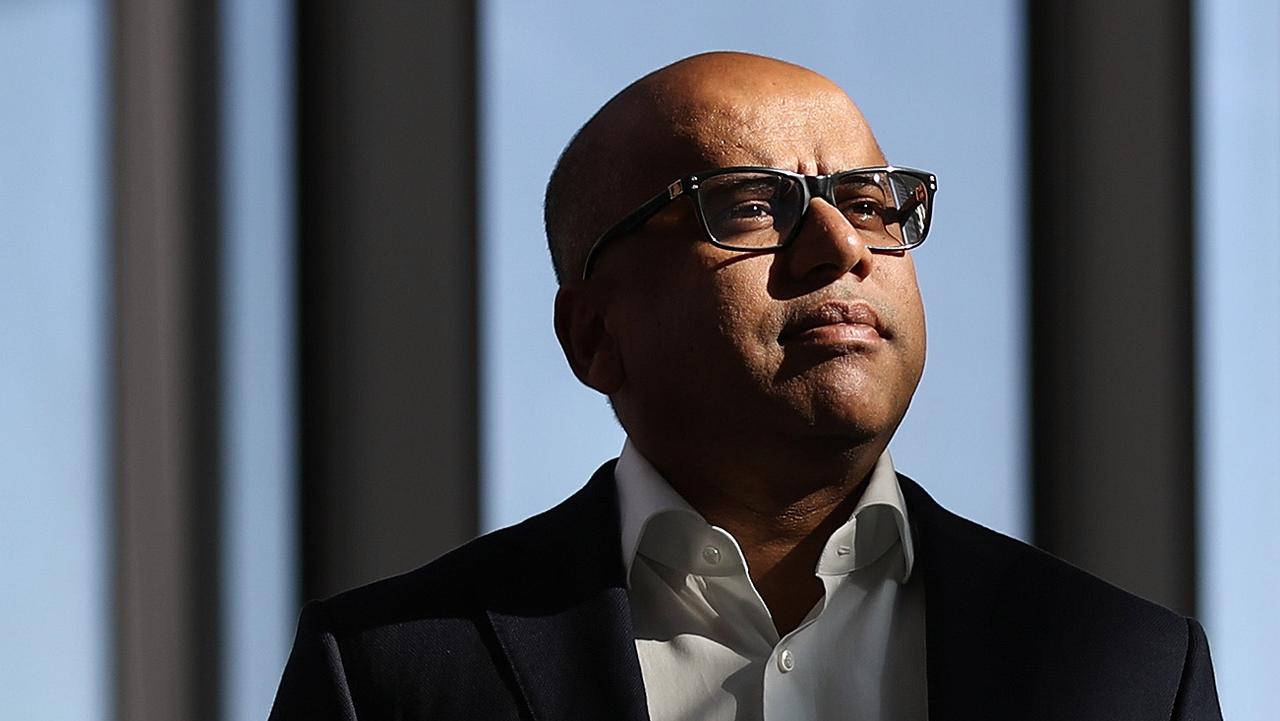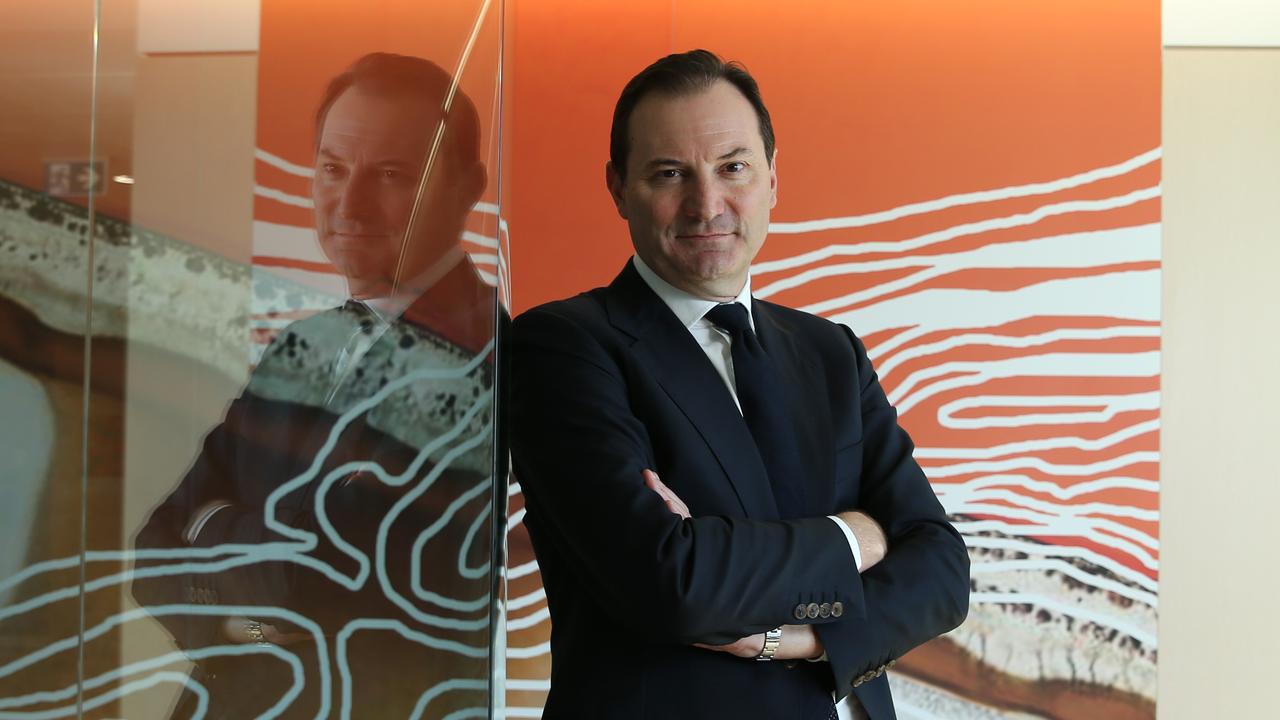China renews A2 Milk’s registration, while the US FDA halts application to import infant formula
Australian infant formula remains popular in China, despite the US FDA deferring the applications of some of our most well known baby food brands.

China has renewed A2 Milk’s registration to sell infant formula in the country, while the US Food and Drug Administration has halted the trans-Tasman dairy company’s application to import the same product to America.
Despite the FDA saying it is “working around the clock” to secure supplies of infant formula to combat a nationwide shortage, the agency has not approved any new import applications from company’s since July 18.
In contrast, China is shoring up supplies of baby food, renewing A2’s registration to sell infant formula in the country.
On Monday, China’s State Administration for Market Regulation said A2 had up until February 21 next year to manufacture its China label infant formula under its current regulations.
After that date, A2 must obtain registration for China’s new GB or national standard. Chief executive David Bortolussi said the company was yet to receive the approval, but was working closely with Chinese authorities to achieve that goal.
But under the SAMR renewal, infant formula manufactured up until February 21 can still be sold in China after that date.
“While this is also progressing, timing is uncertain and remains subject to SAMR approval,” Mr Bortolussi said.
The news sent A2’s shares surging as high as 6 per cent in early trade on Monday before giving up some ground to trade 2.3 per cent higher at $5.69 in the afternoon session. This compared with a 1 per cent gain across the broader share market.
Mr Bortolussi said the company respected the timing of SAMR’s “governance and timing of this important registration process”.
“We are pleased that our current product registration has been renewed, effectively to late February 2023, and we will continue to work collaboratively with Synlait and SAMR in relation to registration of our China label IMF product formulated in line with China’s new GB standards,” Mr Bortolussi said.
“We remain focused on the China market and are looking forward to the opportunity to make our newly formulated infant milk product available to parents and infants in China.
A2’s China label infant formula is produced under contract by Synlait, which is listed on the New Zealand Stock Exchange.
Had A2 not received an extension, it would have had to halt the manufacture of its China label product, given it would not have been able to have been sold.
China and other Asian countries account for more than half of A2’s annual revenue. The company’s sales to China and elsewhere in Asia jumped 24.5 per cent to $726.5m in the year to June 30, while earnings before interest, tax, depreciation and amortisation almost doubled to $145.1m. This was thanks largely to demand for China label infant formula.
It followed pandemic-fuelled border restrictions and subsequent collapse of the lucrative Chinese daigou, or reseller market, hit the company hard, wiping up to 75 per cent of its market value and sparking three shareholder class actions.
Mr Bortolussi has reset the company’s China strategy and distribution, and as a result it has been gaining more market share as the Chinese reseller market returns.
But the company has yet to have the same luck in the US. Last month the FDA deferred A2 application to import infant formula to America, which it submitted in late May. It also halted the world’s biggest dairy co-operative, FrieslandCampina’s application and has yet to grant the world’s largest dairy exporter Fonterra approval.
In a letter sent to companies with pending applications, the FDA said it identified “one or more” issues needing further evaluation, including the “presence of certain ingredients”, environmental monitoring for microbiological contamination and a “lack of inspectional history”. This is despite infant formula being a highly regulated product in Australia and New Zealand, with strict controls over what ingredients brands can use.
Of the nine companies that the FDA has granted temporary approval, known as enforcement discretion, only four are brands that are not registered in the US, and significantly smaller than the market values of A2, FrieslandCampina and Fonterra.
This has fuelled industry concerns that US authorities are protecting its domestic infant formula industry, which supplies about 98 per cent of its overall market.
The FDA has since launched a review of its food program and infant formula remains scarce on retail shelves across America after Abbott Laboratories, which controlled about 40 per cent of the market, shut down its factory on contamination concerns earlier this year, before closing its doors again in June after the site was flooded.





